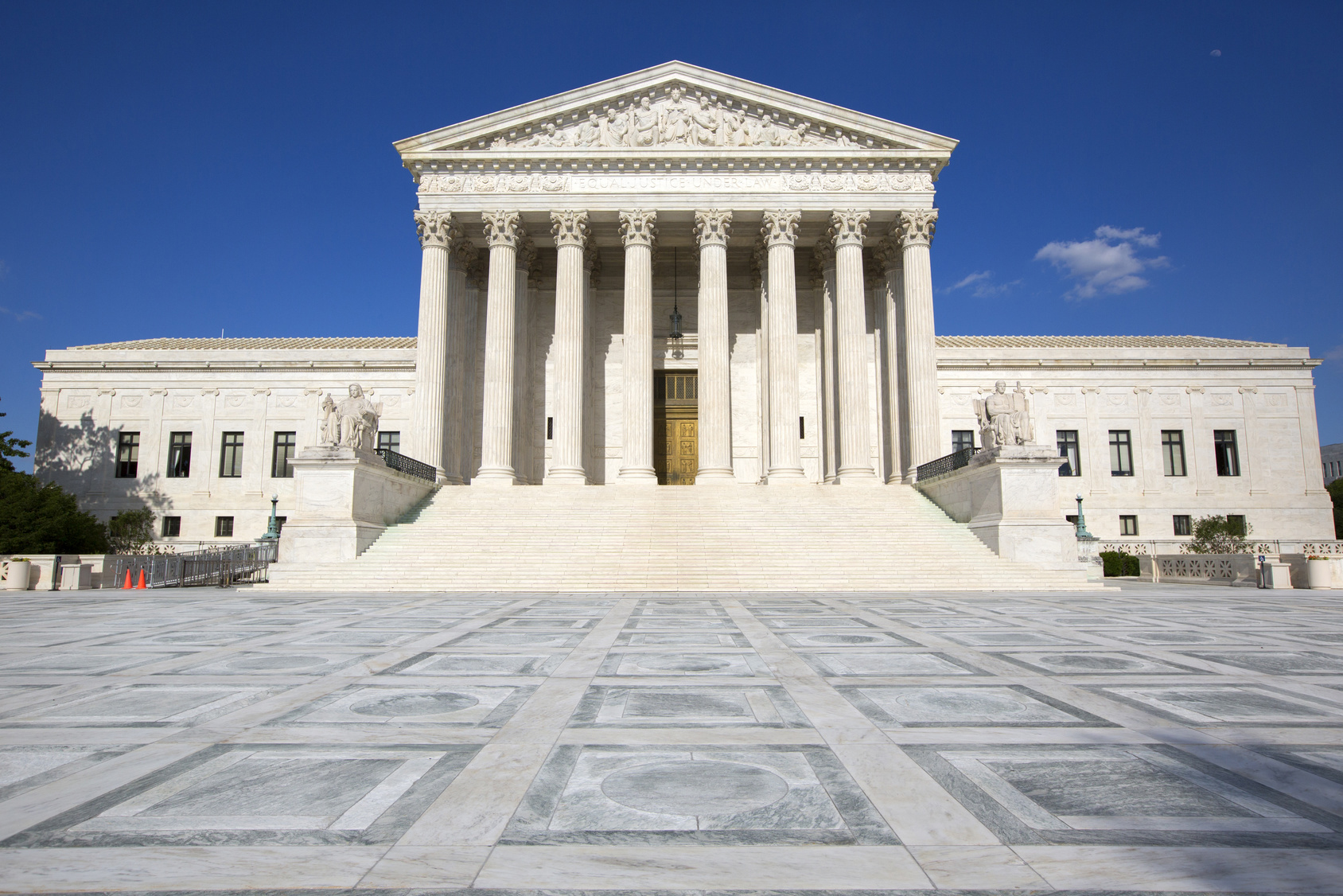Why the Supreme Court Case Christie v. NCAA Is about More than Sports Betting
Earlier this month, the United States Supreme Court heard oral arguments for Christie v. National Collegiate Athletic Association (NCAA). The state of New Jersey has challenged the Professional and Amateur Sports Protection Act (PASPA), a federal law prohibiting most states from legalizing and regulating sports betting. While on the surface this is a dispute over gambling, the case also has important implications for federalism.
Congress passed PASPA in 1992 to prohibit state-sponsored sports wagering, with exceptions for Nevada, Oregon, Montana, and Delaware. New Jersey was also eligible for an exception based on the criteria outlined in the statute, but failed to implement the necessary legislation. Fast forward to 2011, when a referendum appeared on the New Jersey ballot asking voters whether sports gambling should be permitted. Voters approved the referendum and, in 2012, the Sports Wagering Act was enacted, allowing betting on professional and college sporting events at casinos and racetracks. The National Collegiate Athletic Association (NCAA), Major League Baseball (MLB), the National Football League (NFL), the National Hockey League (NHL), and the National Basketball Association (NBA) all sued, claiming a violation of PASPA. New Jersey claimed that PASPA was unconstitutional, but the district court sided with the sports leagues and the U.S. Court of Appeals for the Third Circuit affirmed that New Jersey’s Sports Wagering Act violated PASPA. However, based on the legal reasoning in the opinion, New Jersey tried again, passing the Sports Wagering Act of 2014, which repealed state laws prohibiting sports gambling at casinos and racetracks rather than explicitly authorizing sports gambling. Once again, the statute was challenged by the NCAA, MLB, NFL, NHL, and NBA and, once again, the lower courts sided with the sports leagues. This time, however, the Supreme Court decided to grant certiorari and hear the case.
New Jersey is arguing that PASPA is unconstitutional based on the anti-commandeering doctrine. Created by the Supreme Court in the case New York v. United States (1992), the anti-commandeering doctrine prohibits federal law from commandeering “the legislative process of the States by directly compelling them to enact and enforce a federal regulatory program” under the Tenth Amendment. The doctrine was further solidified in the case Printz v. United States (1997):
Printz found that allowing the federal government to commandeer state officials would blur political accountability; if voters in the state don’t know who should be held responsible for policy, they don’t know who to blame if the policy is ineffective or unpopular.
Commandeering should not be confused with preemption, which is permissible. In preemption, the federal government gives the state a choice: it can adopt a state regulatory program or give up the power to the federal government to regulate the issue. If states don’t want to participate in the implementation or enforcement of a federal regulation, then the federal government must take on the responsibility. The federal government also can use financial incentives to encourage states to cooperate. By contrast, commandeering takes away options from the state; the federal government is simply telling the states what they can or cannot do. The anti-commandeering principle limits the methods that the federal government may use.
In Christie v. NCAA, New Jersey believes that PASPA violates the anti-commandeering doctrine because, as it has been interpreted by lower courts, it prohibits states from modifying or repealing state law. As Justice Anthony Kennedy said during oral arguments, “[PASPA] leaves in place a state law that the state does not want, so the citizens of the State of New Jersey are bound to obey a law that the state doesn’t want but that the federal government compels the state to have.” Essentially, New Jersey is arguing that, as interpreted, PASPA removes the ability of the voters and officials from New Jersey from having any choice in the state’s gambling laws.
The implications of the decision could be far-reaching beyond potentially allowing states to participate in sports gambling (though many states are eager to do so). If the Supreme Court upholds the ruling of the U.S. Court of Appeals for the Third Circuit and finds that PASPA is constitutional (with no restriction), that could pave the way for Congress to pass similar laws blocking states from legalizing activities that were previously banned in the states, potentially having an impact on issues like gun control, drug legalization, and environmental policy. The ability of states to experiment with policies and serve as laboratories of democracy would be curtailed if additional legislation modeled after PASPA were enacted. Federalism, as it is traditionally understood, would be radically changed, tipping the scales of power even further toward the federal government.
Supreme Court decisions are not always easy to foresee, but some observers have predicted that upholding the narrow interpretation of the anti-commandeering clause by the lower courts is unlikely, based on the questioning by the justices during oral arguments in Christie v. NCAA. But whether the court finds PASPA unconstitutional, upholds the rulings of the lower courts, or finds some narrower interpretation remains to be seen. Regardless, however the case is decided will have an important impact on how the states and federal government interact. A decision on Christie v. NCAA is expected by June 2018.



